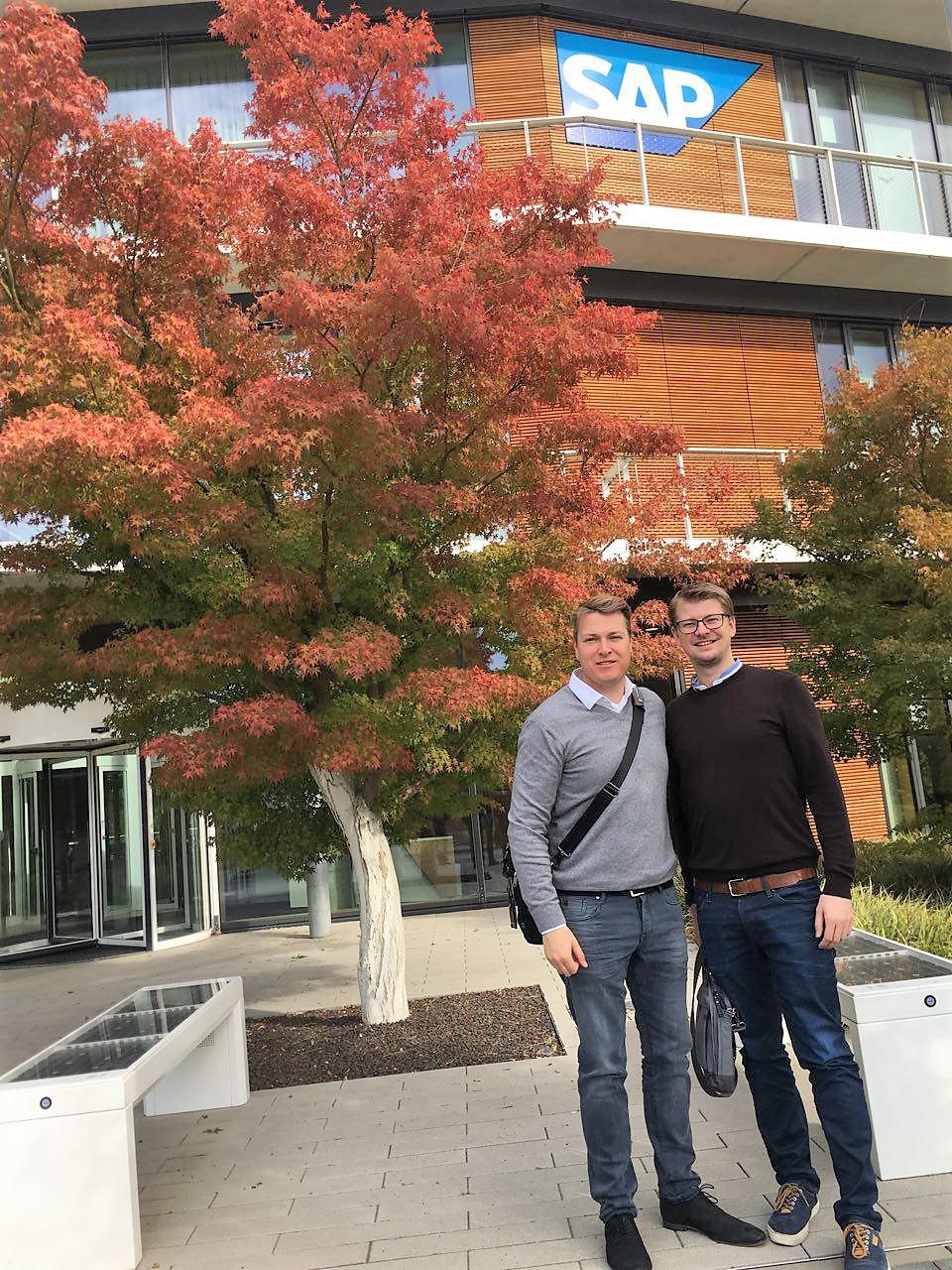
Stephan Vogel, Head of Business Development at Lition, discusses the barriers preventing businesses from effectively utilizing blockchain technologies.
Many in the industry bemoan the slow adoption of blockchain by mainstream businesses, and I can certainly relate. However, I personally believe that the situation will not change until we understand and address the reasons why commercial mass market deployment largely remains an unfulfilled promise. Here are some of my observations, based on my experience in the industry and my overall understanding of what makes business implement, or shy away from, new solutions.
Blockchain – a distributed ledger technology (DLT) – has far-reaching implications for the world markets. But at the current state of the industry’s development virtually all existing blockchains have limitations that hinder sustainable business use cases. Among them are such issues as secure exchange of private data in distributed environments (DLT), compliance with regulatory requirements, including the deletion of data mandated by privacy laws in Europe and the USA, and the problem of scalability beyond just a few participants.
Not to be overlooked are financial considerations. In today’s market, transaction costs are too high, so in the long term for “large volume” businesses running blockchain solutions on, for example, Ethereum/Bitcoin networks is not cost effective, which means that the implementation would not be scalable enough to make a business case and bring sufficient profits.
As more and more companies start to take their social responsibility seriously, the technology’s ecological footprint comes into play. Blockchain networks and transactions use massive amounts of electricity, and, unless renewable resources are used to generate power, this seriously and negatively affects the environment – a concern for many businesses today.
We at Lition set out to transform and address some of these shortcomings. So in April 2018 we launched the alpha version of our P2P energy trading app, and to date it offers 41 million German households the ability to buy clean energy from specially selected providers at reduced prices – an example of how blockchain can be harnessed to help save the environment while providing a tangible social benefit to everyday people. However, we didn’t want to stop there, as we believe that blockchain technology is so much more capable if designed in the right way. For instance switching the consensus mechanism from proof-of-work (POW) to proof-of-stake (POS) to significantly improve performance and reduce energy required made a whole of sense for us. So, we went on to write a technical whitepaper to develop the first scalable public-private blockchain with deletable data features, made for commercial products across industries – as far as we know, it’s the only one of its kind in the world, and fully compliant with current legal frameworks, including the most recent EU data privacy law (GDPR). Our innovative DLT enables blockchain-based applications to step out of their current obscurity into commercial mainstream deployment. Of course we are very proud to do this co-innovation with our technology partner SAP. The platform we are developing will offer a powerful, fast, and cost-effective solution for a wide range of industries, including energy, finance, enterprise data management, logistics, insurance, healthcare, pharmaceuticals, travel, media, etc.
In this way we are attempting to solve the issues I mentioned above to boost adoption of the blockchain, DLT and blockchain-influenced applications (dApps) by the public and enterprises. We are hopeful that our approach will ultimately benefit all stakeholders and market participants.
Lition is currently in the private sale stage of its token sale. The token generation event (TGE) will take place in Q1/2019, through which individual and corporate users will be able to gain access to our soon to be released platform. For more details please go to https://www.lition.io/.


















